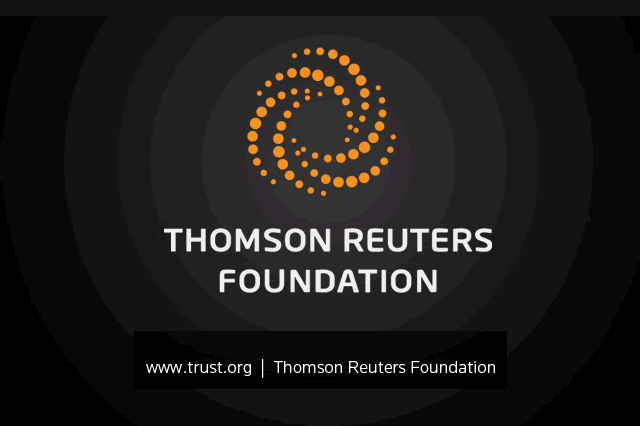The need to reach an equitable climate agreement was emphasised at an online debate that asked the question: 'Can post-2015 development goals drive climate action?'
The need to reach an equitable climate agreement was emphasised at an online debate that asked the question: ‘Can post-2015 development goals drive climate action?’
On June 27 Mary Robinson took part in the hour-long blogging discussion, organised by the AlertNet Climate team of the Thomson Reuters Foundation and CARE International’s Poverty Environment and Climate Change Network. This open web-forum, which generated more than 180 comments, followed the publication of the High Level Panel report on the post-2015 development agenda, and aimed to feed into the ongoing debate on the Sustainable Development Goals, heading into the UN General Assembly in September. Joining Mrs Robinson among the invited contributors to the online debate were:
- Amina Mohammed, special advisor of the U.N. Secretary-General on post-2015 development planning
- Ruth Fuller, co-chair of the Beyond 2015 group for UK NGOs and international development policy adviser at WWF
- Kit Vaughan, director, CARE Poverty Environment and Climate Change Network (PECCN)
Pa Ousman Jarju, climate change envoy for Gambia and member of the Least Developed Countries expert panel on post-2015 development goals, was invited to the discussion, but was unable to take part due to technical difficulties. In her first input to the discussion, Mrs Robinson referred to the High Level Panel report, and said her Foundation “is encouraged that the High Level Panel acknowledges the injustices that climate change is causing to those people least responsible for it.”
Ruth Fuller added: “Climate change is already undermining current gains in poverty reduction and threatens future development progress. The post 2015 framework must support urgent action on climate change.”
When asked about the inclusion of climate justice in Sustainable Development Goals, both Ruth and Kit Vaughan agreed it should be there, with Kit adding: “climate justice must be the foundation of any equitable response to climate change that seeks to eradicate poverty”.
Mrs Robinson spoke of the need to bring out gender dimensions in future agendas, both of climate change and of development. “MRFCJ helped UN Women and others to get the principle of gender balance into the climate conference at COP18, in Doha. We must also ensure that the SDGs reflect the need for full equality, and the High level Panel propose a separate goal: Empower Girls and Women and Achieve Gender Equality.”
Addressing the need to communicate the issue of climate change and development, Amina Mohammed said “this needs to be a huge consideration at the country level where it is less understood and the linkages to a sustainable development agenda are less clear.”
On the same subject, Mrs Robinson emphasised: “We have to bring out the injustice of how climate change is affecting poor communities and poor countries most severely, even though they are least responsible.
“For some people the way to communicate this may be to bring out the intergenerational justice: that as climate shocks increase in richer countries, our children and grandchildren will be most affected, and will wonder why we didn’t do more on our watch.”
Mrs Robinson stressed the need to highlight climate justice among all stakeholders: “We need climate action to catch fire. We need it to be a genuine movement. MRFCJ and WRI are committed to a Climate Justice Dialogue, which is trying to build broad constituencies of demand for a robust climate agreement. We need to engage young people, women, indigenous communities, the private sector, academia, trade unions, everyone!”
She later added: “To those who live on the front line of poverty – climate change and development are the same issues… At the ground level people don’t put these issues in boxes, the reasons they are poor have to do with rights, access to health care, the weather, access to decision making, gender inequality etc. To respond to their needs the international processes have to be more coherent and respond to the interconnected nature of the issues that make people poor and vulnerable.”
In conclusion, Amina Mohammed stated: “Climate change and global poverty have attracted considerable attention in recent years as key global justice challenges of our times. Both are serious challenges to the health and prosperity of people and our planet. As we design the future of development, low-carbon and climate-resilient solutions need to be centre-stage… Decisions on climate change must be in the interest of the most vulnerable. They must advance social protection, health, livelihoods and gender equality, and therefore they go hand in hand with efforts to achieve the MDGs. This relationship must be built on for the post-2015 sustainable development agenda.”
Related Links:
Can post-2015 development goals drive climate action?



